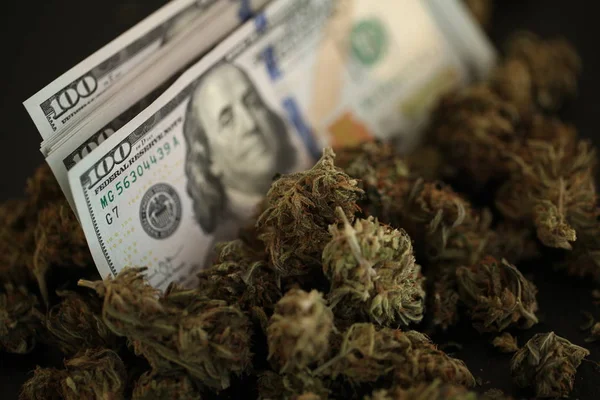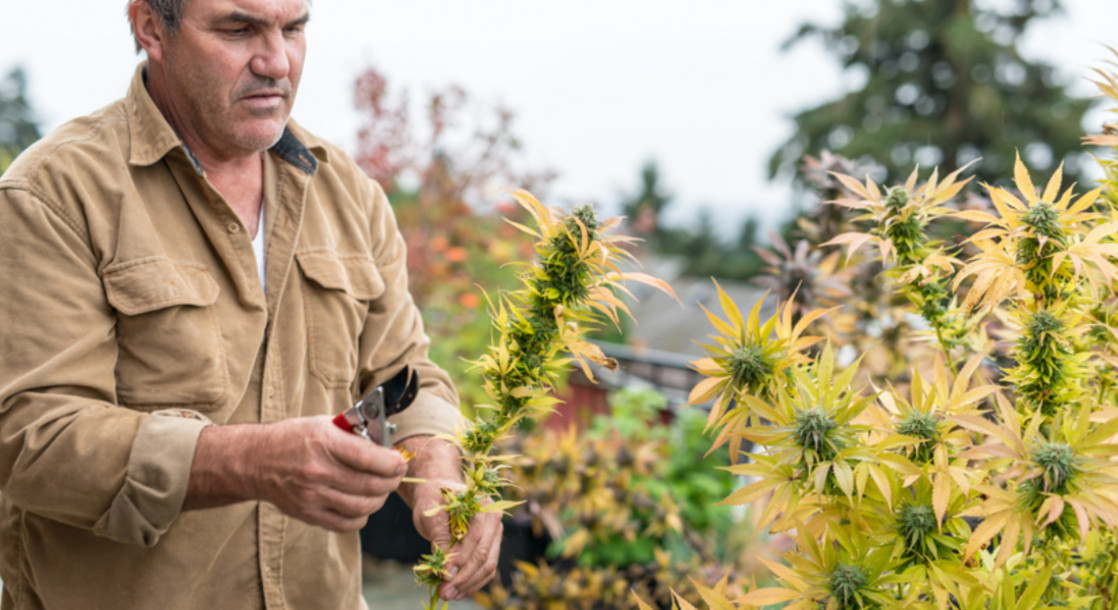Colorado sold more than $2.22 billion worth of legal weed last year, breaking a new annual sales record for the seventh straight year in a row.
According to a new end-of-year report by the state Department of Revenue, Colorado’s adult-use and medical marijuana retailers moved $2,228,994,553 worth of cannabis in 2021. From January 2014, when adult-use dispensaries first opened for business, to the end of 2021, the state’s legal weed industry has made an eye-watering $12.2 billion in sales.
“We’ve hit a record each year since sales began,” said Shannon Gray, marijuana communications specialist at the Revenue Department’s Marijuana Enforcement Division, to The Denver Post. Gray added that the new record “isn’t really out of the ordinary, but more notable that we continue year after year to see an increase.”
In 2014, the first year of legal sales, retailers only moved about $683 million worth of product, but sales jumped by a third to $996 million the following year. By 2017, the Centennial State made $1.5 billion in sales, and topped that with $1.74 billion in 2019. Last year’s record is actually only a modest increase over 2020’s record of $2.19 billion, though, which suggests that the market may be nearing its peak.
As sales have expanded, so has the tax revenue. Weed taxes started slow in 2014, at $67.6 million, but grew to $247.4 million three years later. In 2021, the state collected $423.5 million in cannabis tax revenue, a sizable boost from 2020’s total of $387.5 million. And last month alone, the revenue department collected another $30 million in pot taxes. All told, legal weed has brought Colorado $2.05 billion in additional revenue.
Like other adult-use states, Colorado is reinvesting these weed taxes into programs to fund human services, public health and environmental programs, public schools, transportation and other essential services. One local county even used its local pot taxes to create a scholarship program to help high school students afford college.
Other states that have legalized weed more recently are using cannabis tax revenue to directly address the damages caused by decades of cannabis prohibition, though. New York, for example, is already working to create a social equity fund, even though sales have yet to begin, and the city of Rochester plans to use weed taxes to fund a universal basic income program.
Illinois, which now makes more tax income from weed than it does from booze, has also used pot taxes to fund community reinvestment, legal aid services, and programs to help former weed offenders clear their criminal records.
In addition to bringing additional revenue into Colorado’s tax coffers, legal weed boosts the state economy in other important ways. The state’s cannabis industry has created tens of thousands of new full-time jobs and sustained them throughout the pandemic, when other businesses were forced to close.
“Those are head-of-household jobs,” Adam Goers, senior vice president of corporate affairs at national cannabis giant Columbia Care, told The Denver Post. “These are great places to work.”
And even though 2021’s sales weren’t really all that much higher than the previous year, Goers is confident that “2022 is yet once again going to be the best year for cannabis in Colorado. I think we’ve got a lot of good years coming ahead, too.”











